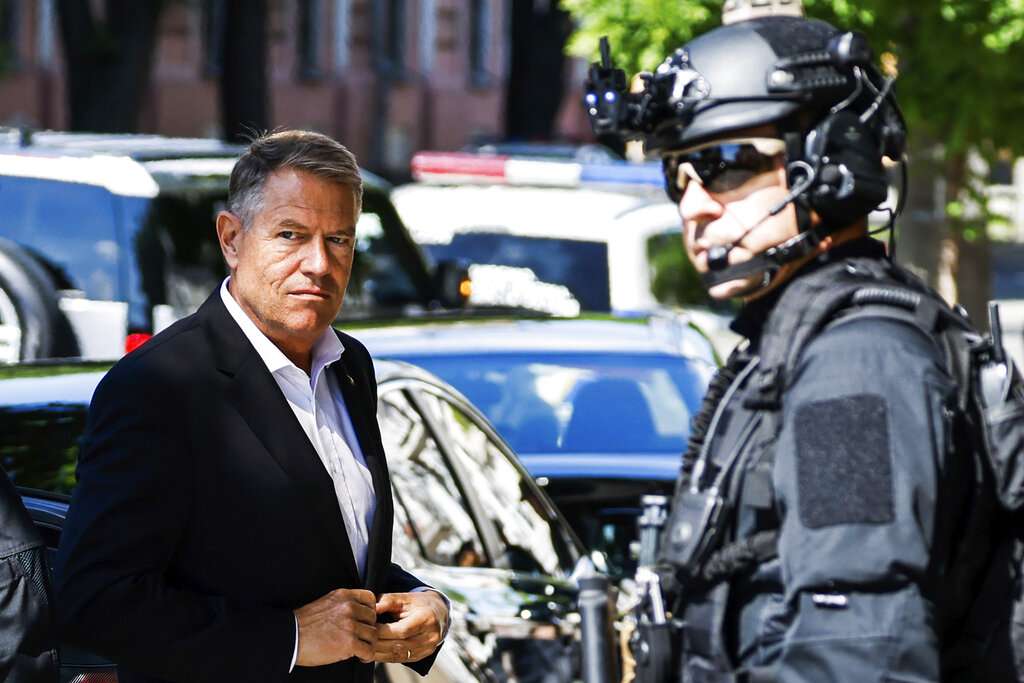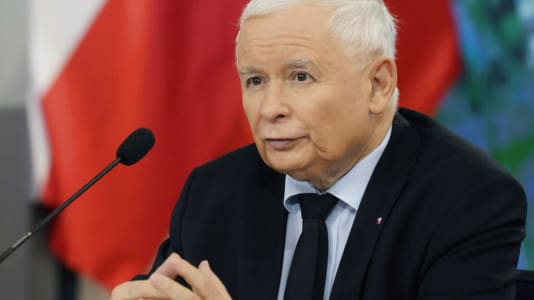There are two contenders for the mantle of leader of the eastern flank of NATO: Poland and Romania. Until the outbreak of the war with Ukraine, there had been harmonious cooperation, but the war accentuated Warsaw’s importance, and Bucharest seems to have a problem with this.
France and Germany have already taken advantage of the situation. Until recently, there could be no doubt that it was Poland that was playing the leading role in the Three Seas Initiative, but this has never pleased some outside of the region.
What happened in Kyiv and Riga in the second half of June needs to be treated seriously.
In Riga, at the end of the Three Seas summit, the decision was taken to block the next summit being held in 2023 in Lithuania. Instead, the summit will be held in Romania, a state that has not been particularly engaged in the diplomatic and aid initiatives related to the war in Ukraine. This development also occurred despite the fact that Romania had held a Three Seas summit back in 2018, and Lithuania has not hosted one yet.
[pp id=41057]
Furthermore, Romanian President Klaus Iohannis has declared unilaterally that Romania is taking over the “presidency of the Three Seas Initiative” despite there being no such formal title in any of the documents of the initiative. The founding nations of the initiative are Poland and Croatia, and Romania is signaling its desire to be on an equal footing with Poland.
Whereas Poland is closer to the U.S. and the U.K., Romania looks to be pursuing a line of being closer with France and Germany. This was visibly on display when President Iohannis accompanied French President Emmanuel Macron, German Chancellor Olaf Scholz, and then Italian Prime Minister Mario Draghi on a visit to Kyiv, claiming to be representing Central Europe. In this way, the Romanians signaled that they were closer to the French and German line on the conflict than the stance taken by Poland and the Baltic states.
An analysis of Romanian actions on the war in Ukraine shows a restrained response involving limited humanitarian aid and very limited military support that comes nowhere near the levels of support coming from Poland, Czechia, Slovakia, the Baltic states, and Scandinavian countries.
[pp id=53707]
Romania is likely to press for Germany to have full member status of the Three Seas project. Up until now, like the U.S. and the EU, Germany has been a “strategic partner” of the initiative. Iohannis himself is an ethnic German who speaks that language better than he speaks Romanian.
Berlin is very keen to make Romania the most important partner of the “old West” in our part of Europe. Ever since Poland vetoed the European Commission’s mandate for negotiating the new partnership agreement with Russia in 2006, Germany has been pushing for greater involvement in the Black Sea region with Romania as coordinator.
Up until the war, Romania had designs on being the U.S.’s main partner in this part of the world. Now, because of the war in Ukraine, it realizes it has no chance of achieving that. Hence, the pivot to Germany and France as witnessed by the trip to Kyiv.
Poland’s challenge now is to ensure that it retains its leading role on NATO’s eastern flank and that it prevents Germany from succeeding in dividing nations against Poland in order to rule in this part of the world.






